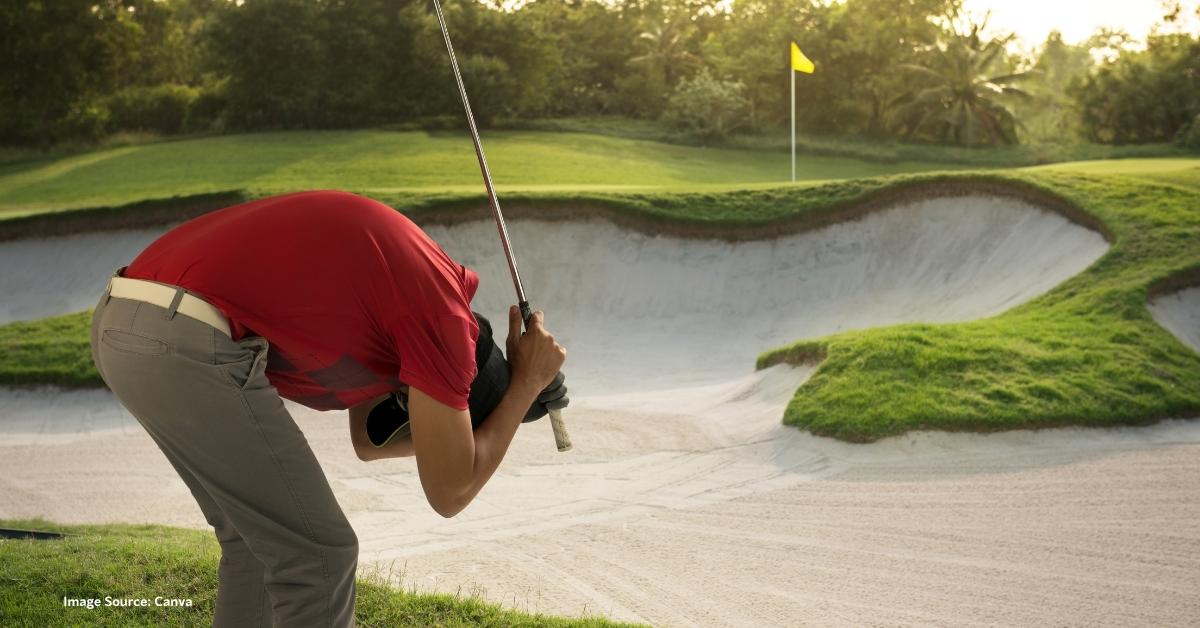Written by Nandini Agrawal | Reviewed By John Victor | Updated On October 8, 2022

Listen to this article in Audio
We all know exercising encourages and boosts our moods, stimulating ENDORPHINS production, demoting pain perception and promoting positive emotions. Athletes and sportspersons should be the happiest and most positive souls alive?? Not though!
Sportspersons have to deal with various unseen mental health challenges, either directly or indirectly. They got aided for visible physical injuries, but play pressure, performance pressure, distress, and different such concerns live un-assisted. 33% of college athletes reported depression and anxiety with the proclaimed inability to manage games and grades effectively. 35% of sportspersons struggled with eating disorders, stress, burnouts, depression, frustration, sadness, lack of control, anger, isolation, fear, loss, disappointment, and anxiety.
So this article presents ten powerful tips to assist sportspersons with their invisible mental injuries.
1. Admit and appreciate your emotions
Loneliness, panic, grief, regret, failure, defeat, sadness, rejection, restriction, hatred, etc., are commonly experienced emotions while performing. Therefore, it is essential to recognize and accept these feelings. Don't prioritize your physical health over mental, identify the senses, and attempt to understand and get them. Allow yourself to feel what you feel for a moment and appreciate yourself for consciously comprehending your emotions. People with pre-existing mental health issues or any genetic history of mental health issues should know these feelings may trigger or worsen existing conditions; hence immediate actions are required.
2. Physical self-care
Diet and sleep play a significant role in defining one's physical, mental, and overall wellbeing, so eating adequately and getting plenty of sleep is essential. An excellent healthy sleep stimulates the release of growth hormones which repair the body and accelerate the growth, hence hastens the healing of physical injuries. Sleep disruptions also interrupt the functioning of appetite hormones, consequently affecting diet and performance, leading to performance anxiety.
3. Speak and Connected
The internet and social media are flooded with rooms providing safe space to talk, communicate and get help. Many support groups allow sportspeople to talk about their struggles, relate with others, and help each other. Social media can spring positivity, inspire, and connect you with fellow athletes who might be experiencing the same. Connect to those you trust and talk about your problems, including your coach, teammates, friends, or family.
4. Train your mind
Apart from your physical training, try to train your mind too. Physical activity you be doing daily does not necessarily contribute to mental health; after all, it's customized for your game and not your mind. Practice slow exercises like flexibility, meditation, and yoga. Take time to rest and recover, explore other interests, incorporate acts of self-care in your life, such as journaling, explore your hobbies and make them a crucial part of your routine as your practice sessions are.
5. Focus on what's under control
Performance pressure, denial, defeat, regret, and every other emotion you spot yourself experiencing might make you feel helpless and lose control over the game and other factors. While you sense the loss of control, take deep breaths, calm your mind down for a minute and acknowledge that it's not you; it's your emotions making you lose control. Trust your skills and training, and try to discard the thoughts reproducing those emotions. This will help establish feelings of power and comfort again.
6. Seek help
There is no harm in reaching out and seeking help if you find yourself dropping command over your thoughts and emotions. Reach out to your pediatrician, physician, or sports psychologist and talk to them about how your mental health and performance are degrading and what all associated cause you think could be.
7. Affirm
Use affirmations every day to keep up with your daily confidence. You can download affirmation apps or write a claim next to your bed, so you never miss your daily refreshment of self-esteem. It would bring down the self-doubt tendencies in your emerging from failure in the last game, rejection, or other interplaying factors.
8. Visualize and plan
Practice visualizing your game, strategies, and opposing team's strengths beforehand. Analyze accordingly what skills you need to be proactive within the game and which all thoughts and motions preoccupying your mind could interrupt your performance so that you can prevent them from slipping in a while performing already. It's a productive way to strengthen your belief and retrain any negative thought habits.
9. Structure your day
Build yourself a daily schedule setting aside time for mental health along with your physical training. These mental health hours should include relaxation exercise, meditative sessions, mindful reflections upon your game and performance, acknowledging thoughts about life apart from the game, and everything you find therapeutic and assistive to cope with these challenges.
10. Let go of the past mistakes
Don't ruminate over past mistakes; it would help nothing other than promoting anxiety and guilt. Whenever self-blaming thoughts start hitting you think of our past achievements and performance milestones and focus on what could be done not to let that happen again, over regretting and self-blaming.
ADDITIONAL POINTS TO REMEMBER AND INCORPORATE-

Corporate-Work-Stress
Creativity Not Encouraged By Society | Psychologist Explains
Corporate-Work-Stress
The Advent of Online Counseling For Mental Health.jpg)
Corporate-Work-Stress
Why are Women expected to be ‘Modest’ and ‘Chaste’?
Corporate-Work-Stress
ALL ABOUT GRIT